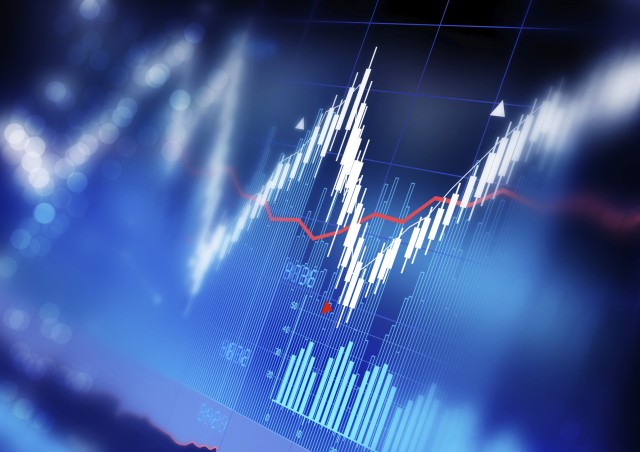
Aubrey Hearn is vice president and senior portfolio manager at Sentry Investments. He’s manages the Small/Mid Cap Income Fund, the U.S. Growth and Income Fund and the U.S. Monthly Income Fund.
Here are Hearn’s strategies for assessing markets and identify good investments.
Assessment of market conditions
In Canada, he said household debt levels are high, which could negatively affect economic growth. He was also concerned about the deteriorating affordability of the housing market.
One of Hearn’s barometers for gauging the health of the economy is data from trucking and railway cargo companies. “By looking at the volume of goods being shipped, you can get a pretty good idea of the state of the economy,” he said.
When volumes are high, it usually means the economy is active and strong; when they’re low, fewer goods are moved around, and that usually means a less vibrant economy.
Investment identification process
Hearn focuses on industries that have a relatively small number of competitors operating in an oligopolistic market, like the waste management industry.
He looks into whether the industry’s margins, cash flow and revenues are sustainable 10 to 20 years from now.
This involves finding out which firms have the highest EBITDA (earnings before interest, taxes, depreciation and amortization) margins, gross margins and operating margins. He also looks at price-to-earnings ratios, free cash flow yields, return on equity and return on invested capital (ROIC).
More than 90% of the names in his firm’s funds pay dividends and raise them over time. According to Hearn, over the last 50 to 70 years, a large portion of overall returns—60% to 70%— has come from dividends.
Balance sheets are also important. He refuses to buy anything with high levels of debt. This helped during the downturn of 2008 and 2009.
The ideal company operates independently of what’s going on in the economy. Hearn offered the example of K-Bro Linen Systems, which he’s owned for many years. The company has 10-year linen management agreements with hospitals around Canada. “So it doesn’t matter if Cyprus implodes or the rest of Europe takes a spill—they’re still going to be washing dirty linens,” said Hearn.
Outside of materials and the oil and gas sectors, Hearn said there are plenty of good companies in the industrial and consumer sectors.
“A lot of these companies don’t get much analyst coverage, and they don’t necessarily trade a lot. But many have 3% to 5% dividend yields, low payout ratios and trade at reasonable valuations.”
Updated July 2016.
